QUESTION: "I've been struggling to brainstorm ideas on how to help my team focus on balancing their work and personal life leading up to the busy holiday season. It's been something I see some of them struggling with. How do you tend to approach these types of struggles?"
ANSWER:
Find their intrinsic motivators, support them engaging in these activities. Cooperative music and role-playing games can be some potential cooperative social activities if you want to encourage more group bonding opportunities in non-competitive activities.
More Detailed Step-by-Step Overview
1. Assess their intrinsic motivations, most people don't have much mindful awareness of what their intrinsic motivations are, so that requires some guidance to figure them out. Such activities will inherently encourage individuals to recharge and find more life balance, once they learn the distinctions between what their doing that is extrinsically motivated (for example working to make money, or working out to try to improve health because doctor has warned them they need to), versus intrinsically (i.e. playing three-on-three street basketball with friends, "just because" they enjoy it with no other goals from it).
Intrinsically motivating activities are generally much more "recharging", and are looked forward to with excitement, and most likely to be sustained (once they are given permission from those around them, and from their own self, to do so) because they are 'fun", they are by definition self-motivated, so do not need other reinforcers or punishers to regularly engage, and sustain engagement in, these activities.
The right activities increase opportunities for a wide range of beneficial "states". A great one for recharging is opportunities for "Flow State" experiences.
Consider proper gamification, not just token economy options. [1, 2]
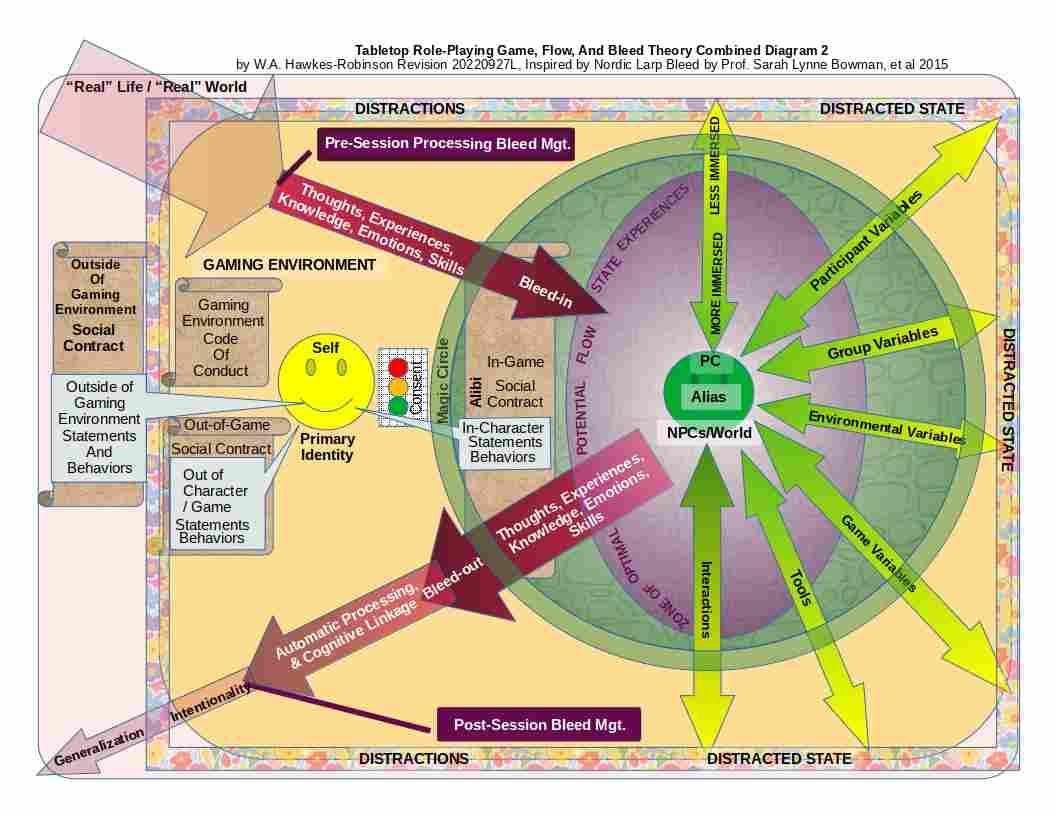
Extrinsically motivated activities are more likely to be "draining", require far more "reinforcers" and/or "punishers" to keep engaging and sustaining the activities, etc.
Look for any commonalities between the individuals that may suggest group-based program opportunities as well as individual "alone time". Both are critically important, though the ratio of each varies significant from person to person.
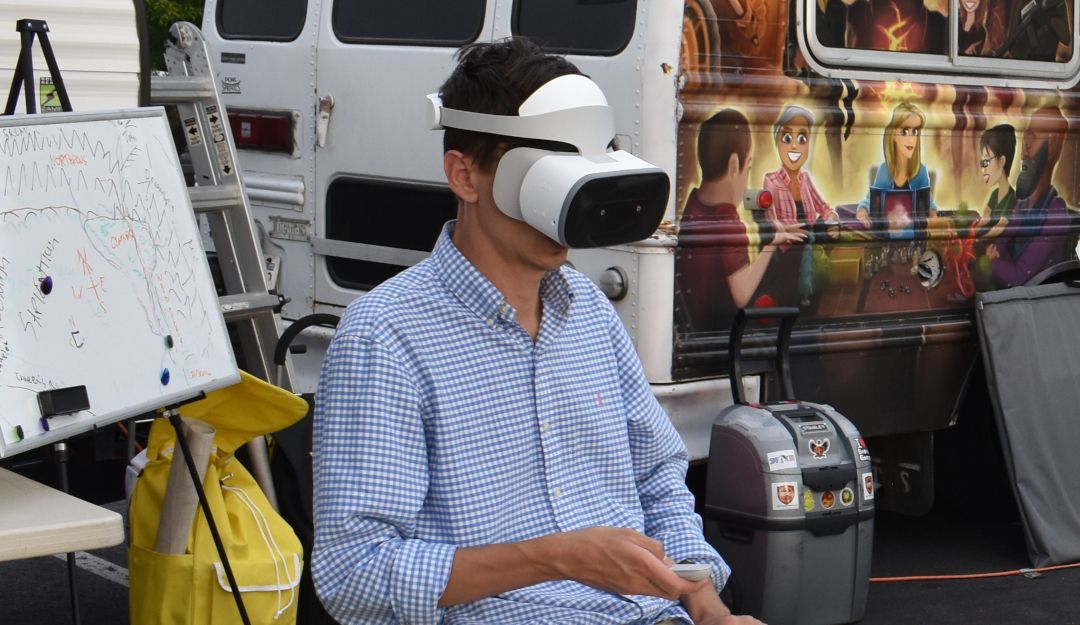
2. If you are looking for increase bonding between your staff, outside of work (but potentially benefiting the work relationships as well), once the individual intrinsic motivations are understood, look for commonalities between the individuals that might be applicable to group activities.
3. Support "giving permission" for your staff to engage in out of work activities. Some companies discourage this for fear of "fraternizing with co-workers". This mean that many workers, especially those in corporations, military, or government environments that had such work culture concepts drummed into them, will be wary of meeting coworkers outside of work, and need explicit permission from their employer, as well as their loved ones (some family dynamics demand all of their non-work time to "be with the family" or "do all the house chores"), and feel guilty doing anything that is just "fun" for themself and without extrinsic benefit. Company support can go beyond just permission, your organization might want to invest financial and/or staff (or contractor) resources to provide environments and resources supporting these off-work engagements. This is not a radical idea, a common example that many companies provide is gym membership or on-site gyms, for example. The companies know this will lead to some of their workforce being healthier and happier, leading to improved quality productivity and often realize a significant ROI.
4. NEVER MANDATE or force your individuals or groups to do these activities. The moment it is mandated or even just "strongly encouraged" this can be very counter productive. Provide support, but not pressure.
5. Consider both individual and group activities, but don't forget about cooperative, not just competitive, group activities.
It is important to start with helping individuals find intrinsically motivating activities that don't always require others to engage in the activity, try to find at least one activity that supports either the Intra-individual or Extra-individual Interaction Patterns.
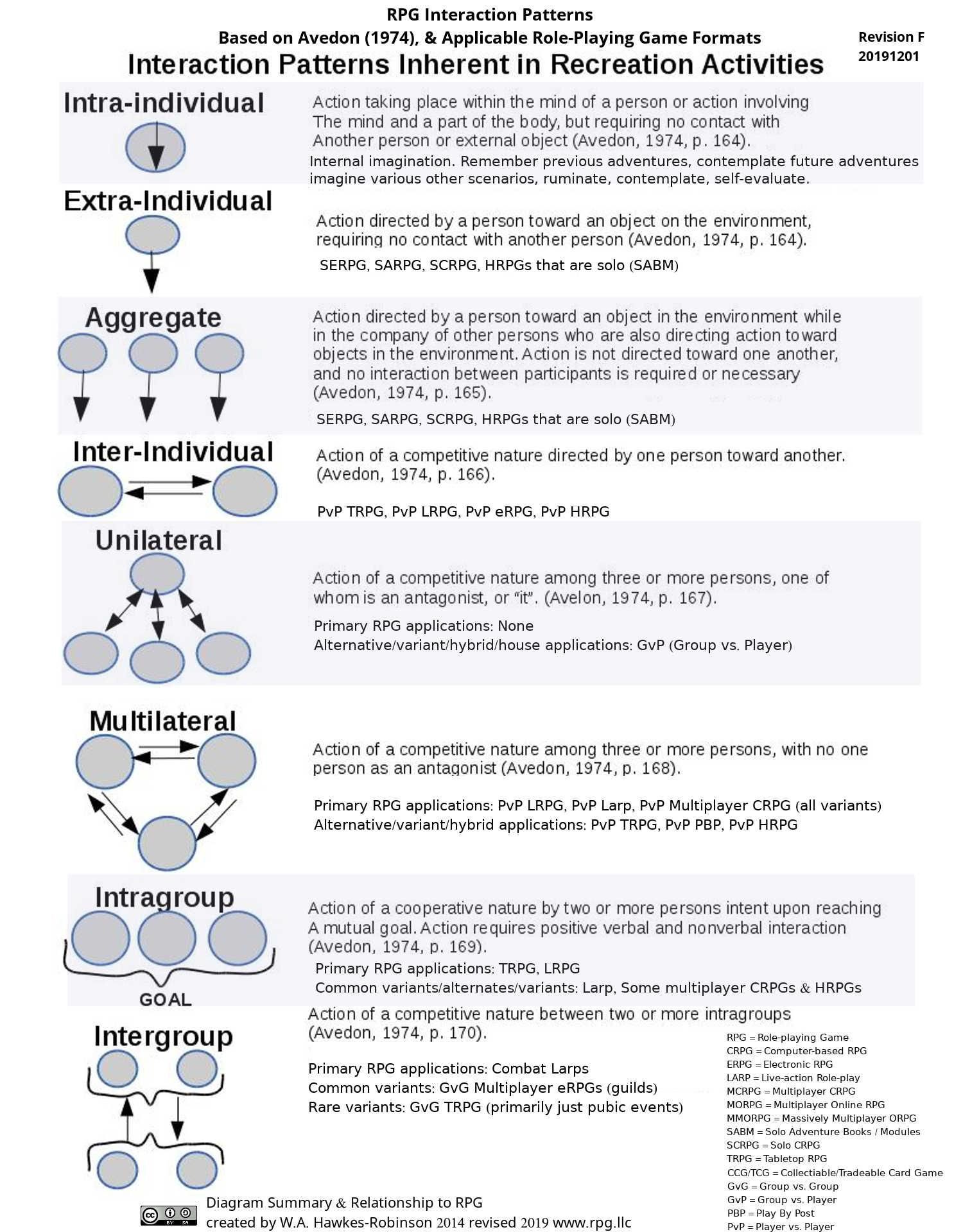
There are limitless possibilities of intrinsically motivating activities for individuals, and those are important. Additionally many companies will offer competitive group activities like sports/eSports teams competing against other companies, etc. These usually engage the Aggregate, Interindividual, Unilateral, Multilateral, and Intergroup Interaction Patterns.
However, one area that is often overlooked, though they provide significant benefits, are cooperative group activities, especially those that utilize the Intragroup Interaction Pattern.
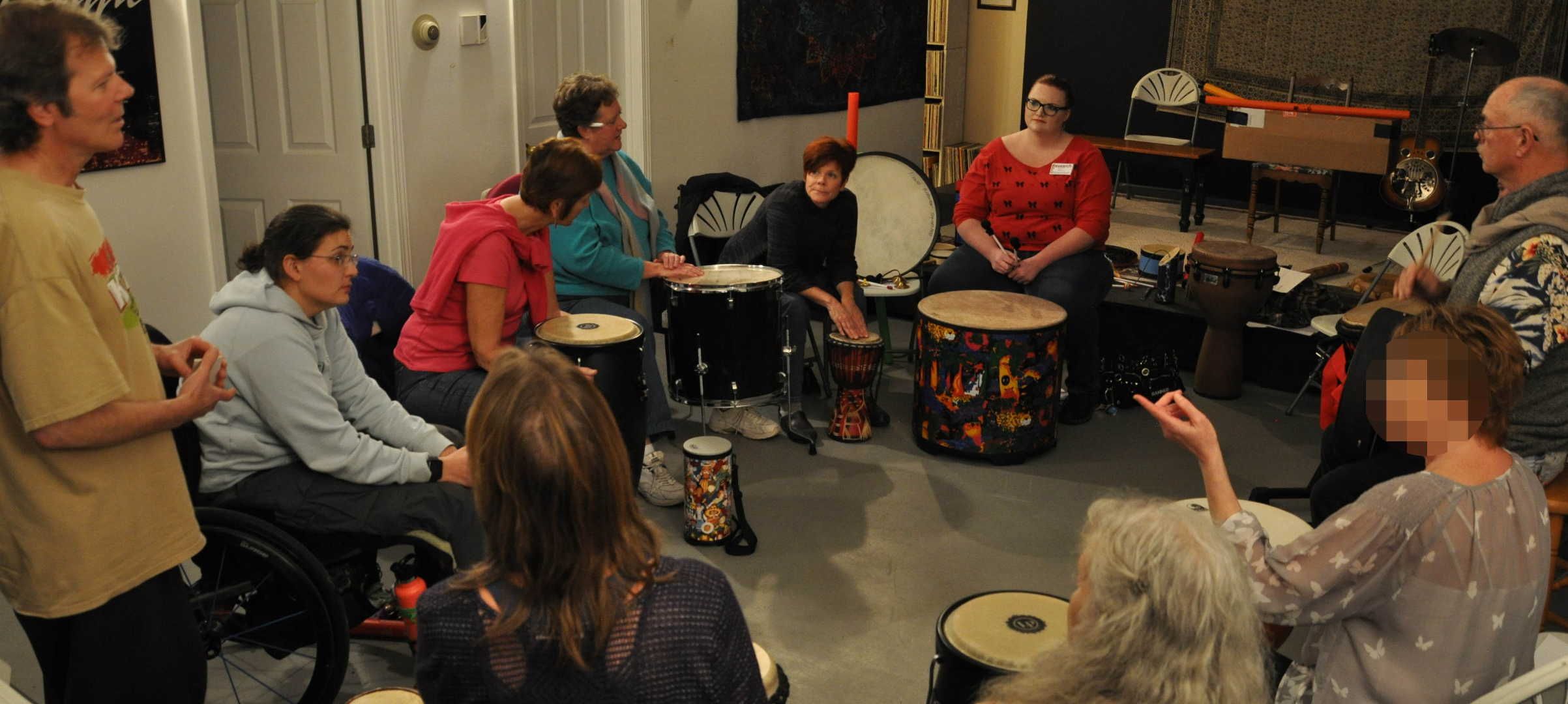
5. Consider engaging specific companies that specialize in this entire process. Most organizations do not have the experience or staff to perform all of the above with full efficacy, so they may want to consider bringing in professionals with extensive experience providing all of the above for individuals, groups, and organizations.
For example, RPG Therapeutics LLC has decades of experience in Recreational Therapy (RT - aka Therapeutic Recreation (TR), and has all of the tools and experience to help individuals and organizations through all of these steps, and even providing professional services directly. RPG Therapeutics LLC's distinctive methodologies and tools can be a powerful resource to help companies dramatically turn around morale, bio-psycho-socioemotional functioning, quality of life (QoL), and overall quality productivity of an organization's workforce.
More Information
As a Recreational Therapist with a Neuropsychology and Neurotechnology background, I help clients with various approaches. Usually the starting point is helping determine the intrinsic motivations of each person through various assessment tools and processes (often they don't know, so we have to help them discover what those are). Then try to look for any ways to link commonalities between all of the individuals in the group to see if there are any ways to link them in the same activities. Then take an activity-oriented approach, rather than talking approach, to achieving those goals.
In other cases, especially if some of the individuals (or everyone in the group) have extreme struggles with focus or creativity, we engage using various bio and neurofeedback and linking to key activities to help them practice in small stages at first, and then incrementally increase duration and complexity.
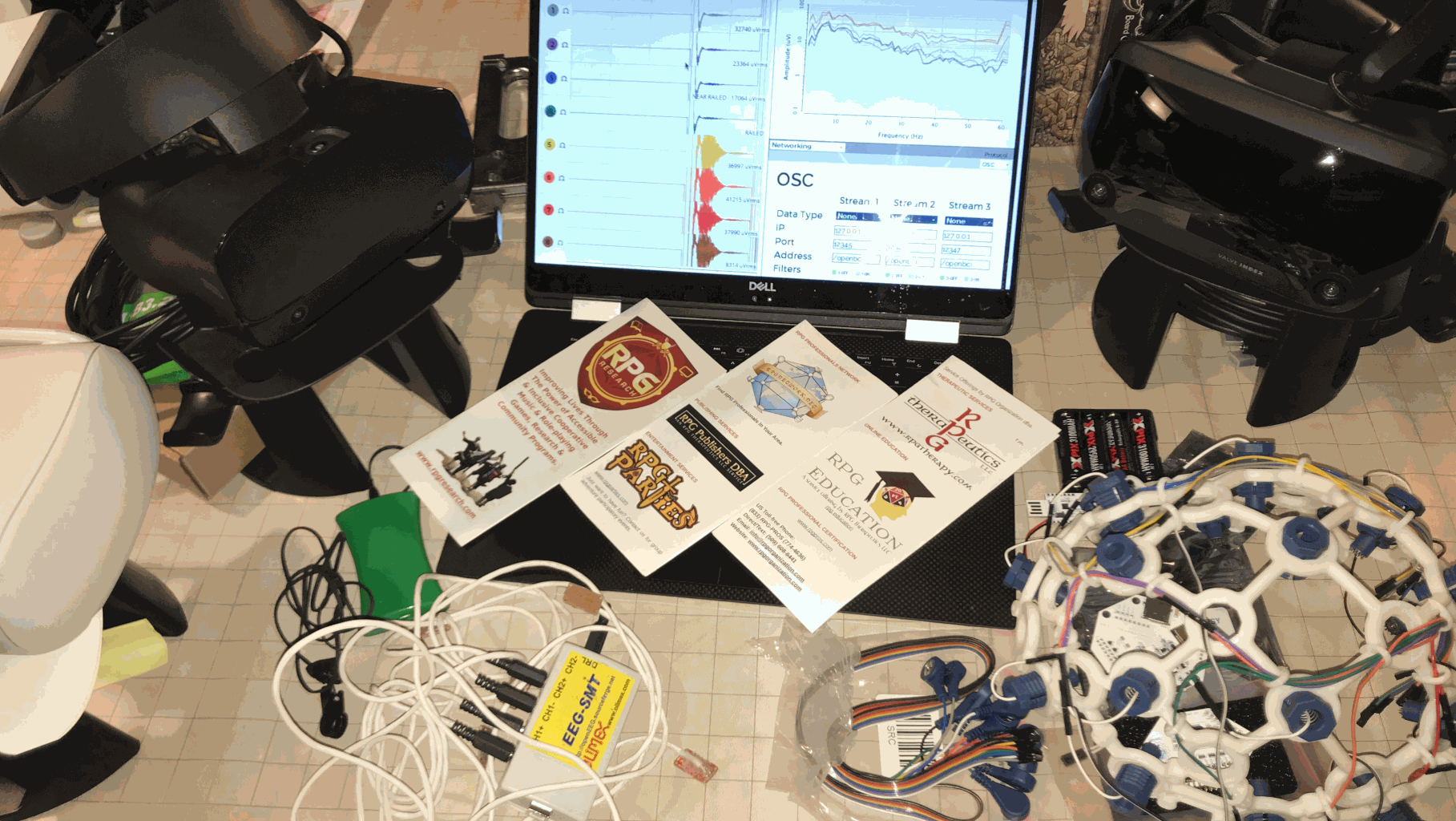
For helping teams learn to work together more effectively (get from forming, storming, and norming, to performing, and from individual flow state experiences to neural-synced simultaneous group flow state), two of our (from a broad toolset of many) favorite modalities are:
Cooperative music jams or drum circles
Cooperative role-playing games (tabletop, live-action, electronic, or hybrids [ 1 ])
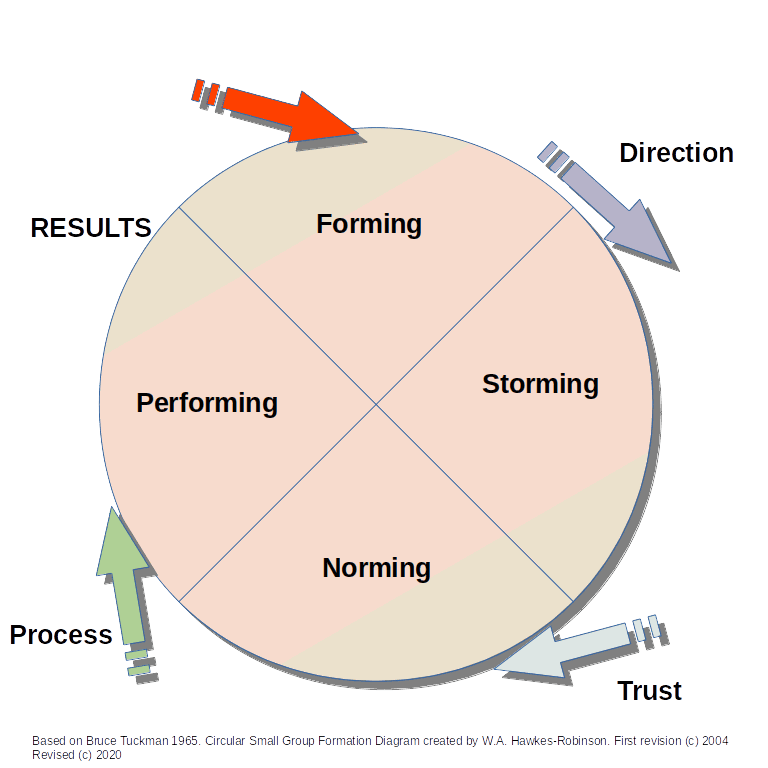
These recreation/activity approach makes the whole process fun, are inherently creative and activating of many types of creativity, and because they are fun, it doesn't feel like "hard work" so there is usually better buy in, etc. (again, depending on the intrinsic motivations assessments of the staff).
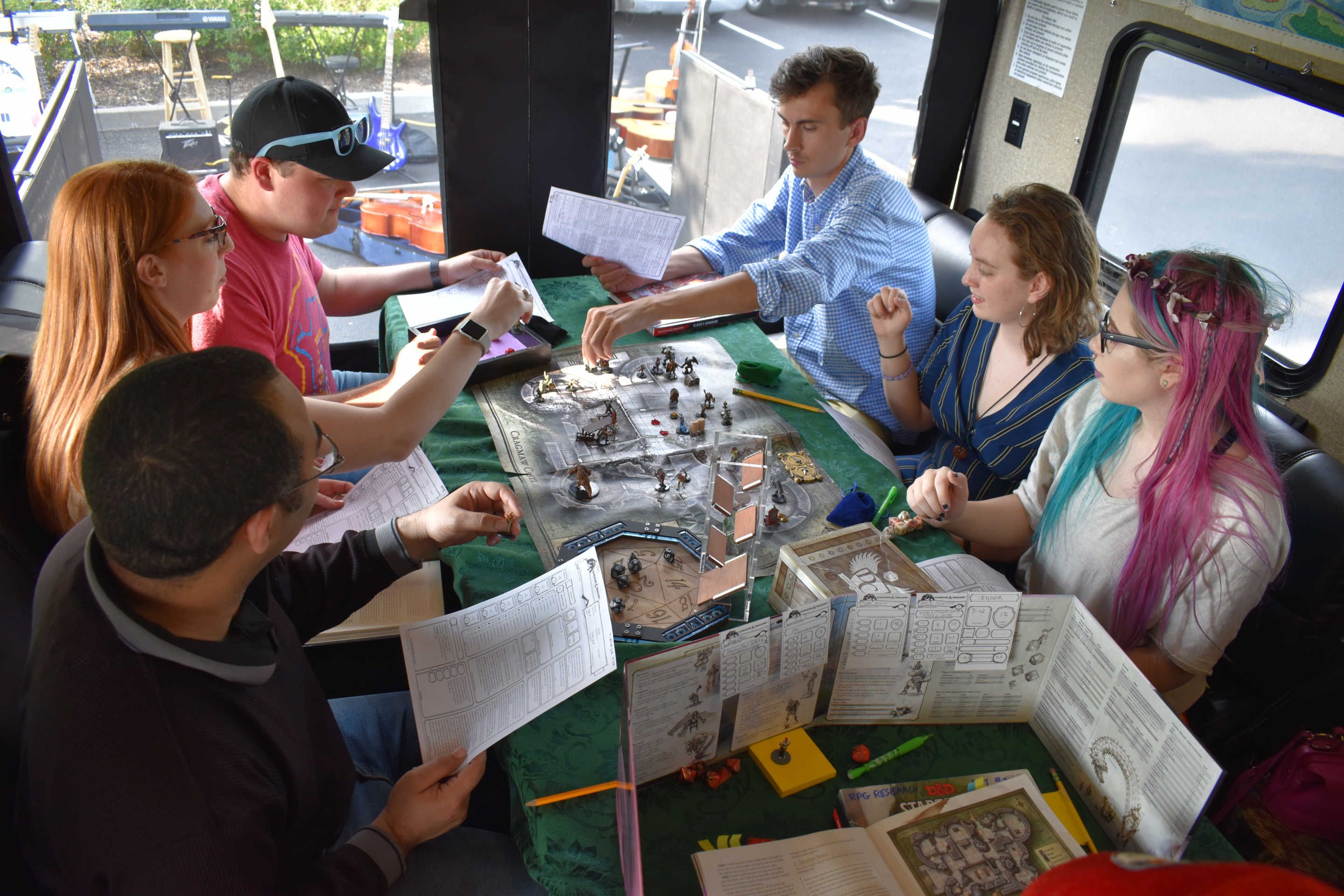
These activities also are very powerful building long-term life skills as well as camaraderie and often new friendships are created that might become life-long.
These activities, especially RPGs, create numerical representations of resource management [ 1 ], which can include things like fatigue, exhaustion, and impaired functionality from now balancing demands and resources. The gamified representations and token economies can be powerful for helping people become more mindful of their own limitations and pacing, as well as more empathetic towards others and balancing demands and life balance.
For example, The One Ring Role-playing Game has concepts and game mechanics for "Hope", "Shadow", "Fellowship Focus", "Fellowship Pool", "Weariness", and "Despair".
Another favorite system we use in our community and professional programs, is the Basic Fantasy Role-Playing Game, freely available in PDF format, and very inexpensively through print-on-demand options. Below is an example custom accessible character sheet we created, and note the various attributes can help create conceptual representations relevant to helping people "grok" understanding of unlimited demands versus finite resources, and learning how to manage this balance more effectively through these activities, which can be "generalized" in to daily life decision-making toward life-balance choices.
I am introduced by professional peers as "The Grandfather of Therapeutic Recreation" at professional conferences and elsewhere, because I have been studying the effects and uses of role-playing games since the 1970s. Over the decades we have iterated and developed very well-supported, evidence-in-practice programs, that deliver measurably proven results.
Many of our clients have profound bio-psycho-socioemotional needs for our more intense therapeutic programs.
However, we also offer many other programs and services geared for general populations in many different environments, including helping companies improve their employee's quality of life and functioning.
At RPG Therapeutics LLC, our decades of experience, combined with our extensive range of toolsets and methodologies at our disposal, and our very diverse team from a wide range of disciplines facilitate many companies to achieve their goals to help their most valuable assets, their employees, have an overall better Quality of Life (QoL).
If interested in more information, feel free to Contact Us today!

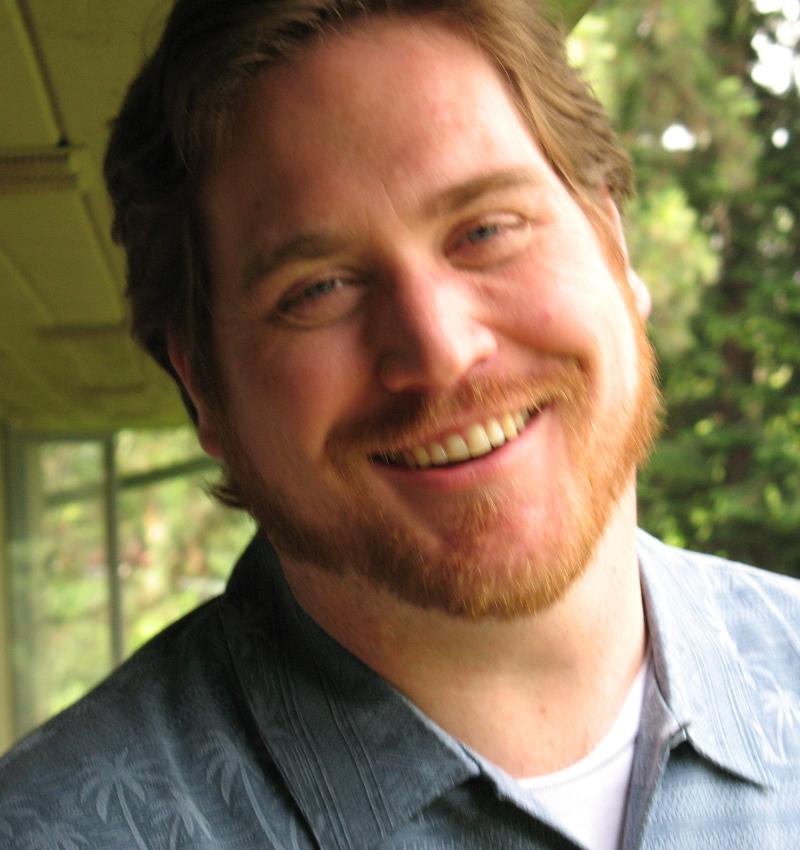
Hawke Robinson
Known across multiple industries as "The Grandfather of Therapeutic Gaming" because he has been studying the effects and uses of role-playing games and their potential to achieve therapeutic goals longer than anyone else, Hawke Robinson is a Washington State Department of Health Registered Recreational Therapist.
He has a diverse and deep background in Therapeutic Recreation / Recreation Therapy, computer science, neuroscience, cognitive neuropsychology, neurotech, research psychology, nursing, play therapy, education, music, and role-playing gaming.
- Hawke Robinson has been involved with role-playing games in community settings since 1977.
- Studying methods for optimizing the experience of role-playing games, software development, and online since 1979.
- A paid professional game master since 1982.
- Studying the effects of role-playing games upon participants since 1983.
- Providing role-playing games in educational settings and for educational goals since 1985.
- Working with incarcerated populations since 1989.
- Researching and using role-playing games to achieve therapeutic goals for a wide range of populations from 2 years old through senior adults since 2004.
- Founder and Executive Director of the non-profit 501(c)3 charitable research and human services organization, RPG Research.
- Founder and CEO of the for-profit RPG Therapeutics LLC and RPG.LLC.
- Author of multiple books in technology and gaming W.A. Hawkes-Robinson books available on Amazon.
- Creator of the wheelchair accessible RPG Mobile fleet vehicles and trailers.
- Founder of the experiential learning Role-Playing Game RPG Museum, and much more.
- Creator of the Brain-Computer Interface Role-Playing Game (BCI RPG) and many other related projects.
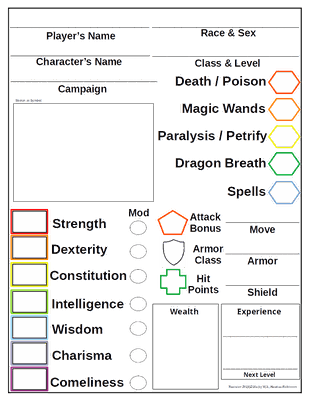
FAQ: How to help my team focus on balancing their work and personal life leading up to the busy holiday season?
RPG Therapeutics Approaches to Helping Instill Life Balance Skills Development Through Cooperative Social Activities like Music and Role-Playing Games.